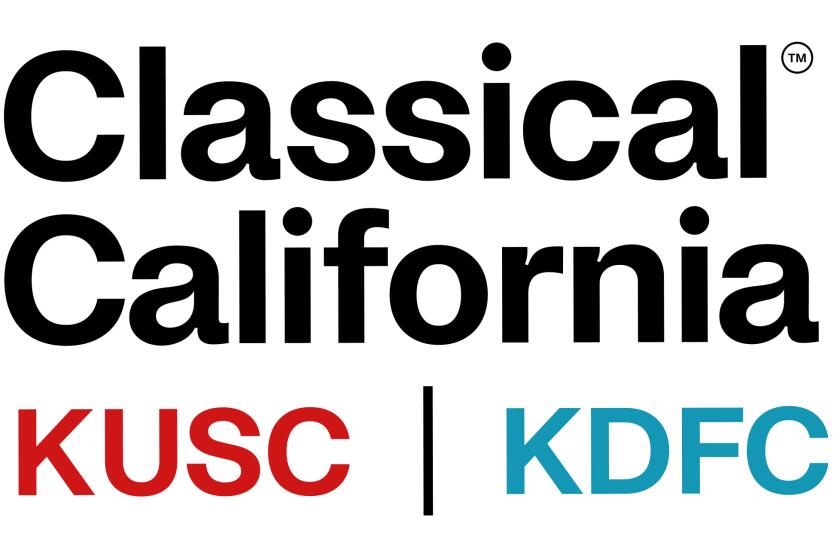‘Ghost’ Lifts the Spirits of the Rental Business
- Share via
The home-video rental business, in the doldrums since last Christmas, is finally picking up, retailers from all over the country are happily reporting.
Many attribute the boom to “Ghost,” the smash hit that has increased traffic in stores. Paramount shipped a record 642,000 copies when the title was released in late March.
The release of other popular films, such as “Flatliners,” “Pacific Heights,” “Presumed Innocent” and “Marked for Death,” has contributed to the recent rental surge.
“All the business really needs is some attractive titles; that will bring people in and change this soft rental market to a booming rental market,” said Peter Margo, executive vice president of the 130-store Palmer Video chain on the East Coast.
But some retailers have pointed to two other significant factors in the recent rise in rentals: the end of the Persian Gulf War and the start of the TV rerun season.
LASER BOOST: In an attempt to boost the laser-disc market, MGM/UA will release some movies from its vast library of classics exclusively on laser, beginning in July with “Two Weeks in Another Town,” a 1962 drama starring Kirk Douglas.
The plan, said George Feltenstein, vice president of sales and marketing, is to put out one film per month on laser only. The rest of its monthly 10-title release will be on both laser and video.
“We’re trying to lure film buffs into the laser format,” he explained. “If we put out films just on laser that are appealing, the buffs might give the format a try. Buffs tend to be collectors. If they start collecting laser discs too, that expands our market.”
Other films due for laser release, at $34.98, later in the year, are 1954’s “Rose Marie,” featuring Howard Keel; 1957’s “Designing Woman,” with Gregory Peck and Lauren Bacall, and 1955’s “The Prodigal,” starring Lana Turner.
Feltenstein said these movies eventually will be released on cassette, probably six months to two years later.
END OF VIDEO ADS: The business of firms selling local advertising space on videocassettes appears to be over.
Paramount, which had sued the Wichita, Kan.-based Video Broadcasting Systems to stop the addition of local ads to its prerecorded cassettes, settled with the company out of court. Part of the settlement was a permanent injunction preventing Video Broadcasting from placing commercials on any prerecorded cassettes.
The suit, charging copyright and trademark-infringement, was filed in Kansas federal court in August, 1989. Paramount charged that the addition of local ads was a turn-off to renters and to national advertisers who might want to buy commercial time on prerecorded cassettes.
What will happen to the other firm that was selling local ads on cassettes--Video Air Time of Midland, Tex.--isn’t clear. Its president, Allen Frasier, couldn’t be reached for comment.
More to Read
The biggest entertainment stories
Get our big stories about Hollywood, film, television, music, arts, culture and more right in your inbox as soon as they publish.
You may occasionally receive promotional content from the Los Angeles Times.










